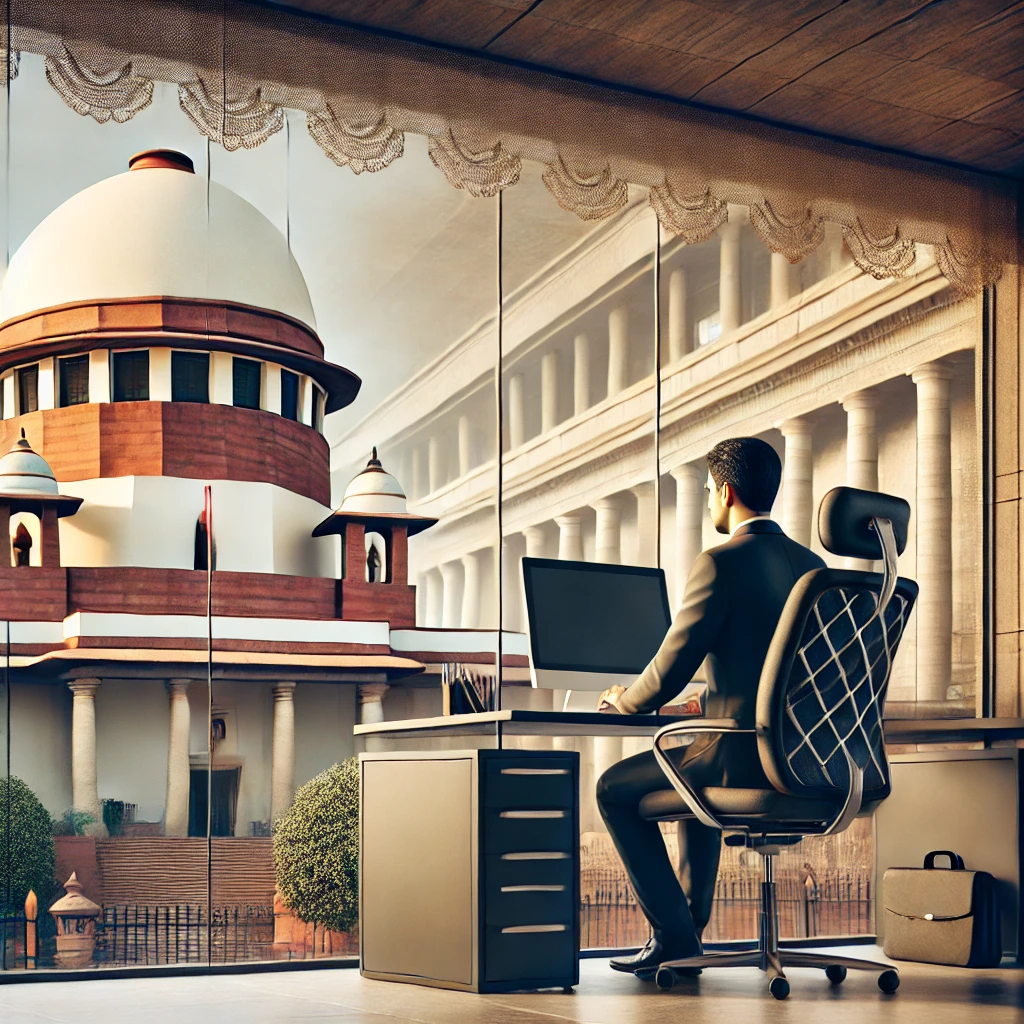Aastha Pareek
In a significant judgment, the Supreme Court of India has urged the Income Tax (IT) Department to upgrade its software infrastructure after a serious computer error resulted in incorrect tax assessments. The incident arose when a taxpayer challenged the assessment made by the IT Department, claiming it was grossly erroneous due to a technical error in the department’s computer systems.
Background of the case
The case came before the division bench of Justice PS Narasimha and Sandeep Mehta after a lower court dismissed the taxpayer’s appeal. The taxpayer argued that the assessment was based on incorrect calculations of the IT department’s software. Upon reviewing the case, the Supreme Court found that the assessment was indeed inaccurate due to errors in the system’s programming, which had not been corrected in a timely manner.
The court quoted that, “The technological impediment cannot be a reason for harassing an assessee year after year. Immediate steps must be taken by the Revenue to upgrade the software or take such other steps as may be necessary to ensure that such mistake does not occur in future.”
The technical error allegedly led to an inflated tax liability, which was clearly erroneous compared to the actual financial records submitted by the taxpayer. The court found that despite previous complaints of similar errors, the IT department had not addressed the problem sufficiently, which caused undue hardship to the taxpayer.
Decision of the Court
The Supreme Court took a stern view of the matter, stating that taxpayers should not suffer due to systemic inefficiencies. In its ruling, the Court ordered the IT Department to urgently upgrade its software systems to prevent further instances of erroneous assessments. In addition, it recommended a more robust internal audit mechanism to ensure that such mistakes do not recur.
The Court also stressed the importance of keeping pace with technological advances, particularly in view of the growing reliance on digital systems in managing the country’s complex taxation framework. It suggested that the IT Department collaborate with technology experts to ensure a foolproof system is in place, allowing for timely updates and corrections.
Implications for the Future
This decision highlights the importance of modernizing government technology infrastructure, especially in departments that deal with crucial areas such as taxation. The move is expected to alleviate concerns among taxpayers regarding the accuracy and reliability of the IT department’s assessments.
With the growing digitization of the economy and tax collection processes, errors caused by outdated or faulty software can have far-reaching consequences, both for the government and taxpayers. The Supreme Court’s directive is expected to lead to significant improvements in the IT Department’s functioning, ensuring greater transparency, equity and efficiency in the future.
The Supreme Court’s decision marks an important step toward ensuring accountability in the IT Department’s operations. It sends a clear message that technological failures should not become an obstacle to justice, particularly in areas as sensitive as taxation. With the mandated upgrades, the IT Department is expected to improve its systems, minimizing errors and improving trust in the tax assessment process.
Case Name-: Sunil Bakht vs. Assistant Director of Income Tax CPC and anr
Case Number-: Petition for Special Leave to Appeal (C) No. 10305/2024
Bench-: Justices PS Narasimha and Sandeep Mehta
Click here to access the order

